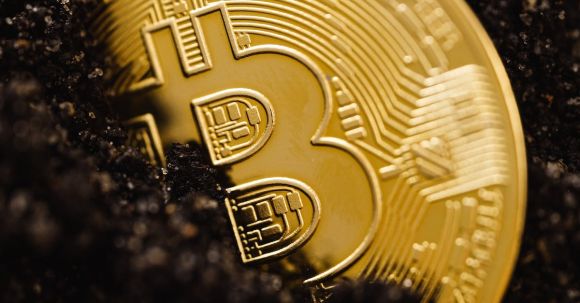The world of finance is undergoing a significant transformation as decentralized finance, or defi, gains momentum. This innovative approach to investing has the potential to revolutionize the way we think about and engage in financial activities. In this article, we will explore the key ways in which defi could change the investment landscape.
Unlocking Access to Financial Services
One of the most significant advantages of defi is its ability to unlock access to financial services for individuals who have traditionally been excluded from the traditional banking system. By leveraging blockchain technology, defi platforms can provide anyone with an internet connection the opportunity to participate in a wide range of financial activities, such as lending, borrowing, and investing. This democratization of finance has the potential to empower individuals and communities, particularly those in underserved areas, by giving them greater control over their financial lives.
Removing Middlemen and Reducing Costs
Another potential game-changer offered by defi is the removal of intermediaries and the associated reduction in costs. In traditional finance, intermediaries such as banks, brokers, and clearinghouses play a crucial role in facilitating transactions. However, these intermediaries often come with fees and other overhead costs that can eat into investors’ returns. Defi protocols, on the other hand, operate on smart contracts, which are self-executing agreements that eliminate the need for intermediaries. As a result, investors can enjoy lower transaction costs and potentially higher returns on their investments.
Enhancing Transparency and Security
Transparency and security are two critical areas where defi shines. Blockchain technology, which underlies defi platforms, is inherently transparent, as all transactions are recorded on a public ledger. This transparency reduces the risk of fraud and manipulation, as anyone can verify the integrity of the transactions. Additionally, defi platforms often employ robust security measures, such as multi-signature wallets and decentralized governance structures, to protect users’ funds and data. This enhanced security can instill greater confidence in investors, especially in light of numerous high-profile hacks and data breaches in traditional finance.
Facilitating Programmable Money and Automated Investing
Defi also opens up new possibilities for programmable money and automated investing. Smart contracts, which are the building blocks of defi protocols, enable the creation of financial instruments that can execute transactions automatically based on predetermined conditions. This programmability allows for the development of innovative investment strategies, such as automated portfolio rebalancing, yield farming, and tokenized assets. Furthermore, defi platforms often integrate with other decentralized applications (dapps), enabling seamless interoperability and expanding the range of investment opportunities available to users.
Challenges and Risks
While defi holds great promise, it also faces significant challenges and risks. One of the key challenges is regulatory uncertainty. As defi operates outside the traditional financial system, regulatory frameworks have yet to catch up with this rapidly evolving space. The lack of clear regulations can create legal and compliance risks for both users and developers. Additionally, the inherent complexity of defi protocols can make them vulnerable to bugs and vulnerabilities, which could be exploited by malicious actors. It is crucial for users to exercise caution and conduct thorough due diligence before engaging with defi platforms.
In conclusion, decentralized finance has the potential to revolutionize the investment landscape in numerous ways. By unlocking access to financial services, removing middlemen, enhancing transparency and security, and enabling programmable money and automated investing, defi can democratize finance and provide new opportunities for investors. However, it is important to acknowledge the challenges and risks associated with this emerging field. As defi continues to evolve, it will be fascinating to see how it shapes the future of finance and investment.





